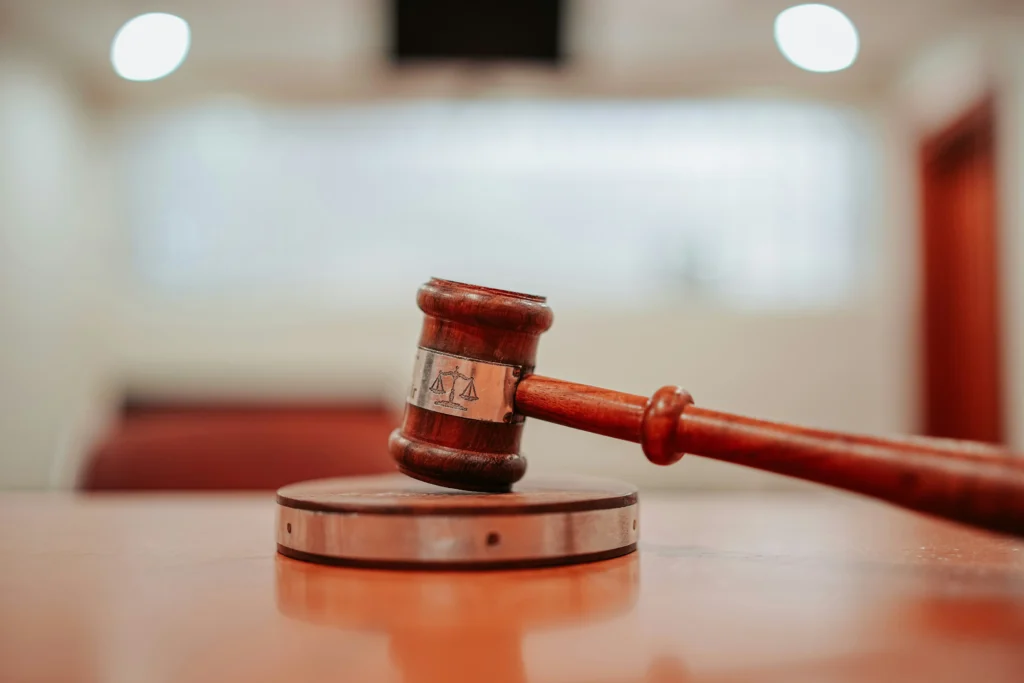Exploring the Range of Personal Injury Law: What Every Attorney Should Know
Personal injury legislation stands for an intricate area that every legal representative should navigate with precision. It includes different claims, from car crashes to clinical malpractice. A solid understanding of negligence and its necessary components is essential for reliable advocacy. In addition, understanding the insurance policy landscape can greatly impact case outcomes. As the lawful process unfolds, the subtleties of calculating problems enter play, elevating important questions that warrant more expedition.
Understanding Carelessness and Its Elements
Although negligence is a basic principle in injury legislation, numerous people may not totally realize its intricacies. At its core, negligence involves a failing to exercise the degree of care that a sensibly prudent individual would in comparable situations. This breach of duty can bring about hurt or injury to another person. The aspects of negligence contain task, breach, causation, and problems. Initially, the defendant needs to owe a task of treatment to the plaintiff. Second, a violation takes place when the accused falls short to satisfy that obligation. Third, causation must establish that the violation directly caused the complainant's injuries. Ultimately, the plaintiff has to demonstrate real damages resulting from the violation. Understanding these components is essential for people seeking to browse the complexities of individual injury cases, as they create the structure upon which legal liability is established in cases of neglect.
Kinds of Injury Claims
Personal injury cases encompass a broad series of lawsuits that arise when an individual suffers injury as a result of one more party's negligence or intentional misbehavior. Typical kinds of claims consist of automobile crashes, where motorists may be held accountable for injuries triggered to others; slip and drop occurrences, typically due to harmful building conditions; and clinical malpractice, which involves medical care service providers falling short to meet the criterion of treatment, leading to client injury. Furthermore, workplace injuries can result in cases versus companies for dangerous working conditions. Product liability cases emerge when faulty items create injury to consumers. Other notable insurance claims include emotional distress and defamation, which attend to mental damage and damages to credibility, specifically. Each claim type presents unique lawful difficulties and needs a detailed understanding of relevant legislations and criteria to effectively represent clients in their quest of justice and payment.
The Duty of Insurance in Personal Injury Cases
Insurance plays a crucial role in the resolution of accident cases, as it typically functions as the key source of settlement for injured celebrations. Numerous kinds of insurance policy, consisting of obligation, health and wellness, and uninsured vehicle driver insurance coverage, are basic in establishing the outcomes of these insurance claims. Obligation insurance coverage normally secures accuseds, guaranteeing they can meet their monetary responsibilities to plaintiffs. Wellness insurance policy may cover immediate clinical expenditures, while without insurance motorist insurance coverage Check This Out can give settlement when the at-fault event does not have insurance policy.
Insurance policy business commonly engage in settlements with injured events or their lawful reps, affecting settlement quantities. The existence of insurance policy can quicken the resolution procedure, as it provides a clear device for payment. Nevertheless, the complexities of policy restrictions and protection exemptions can also complicate instances, needing lawyers to navigate these intricacies efficiently. Recognizing the role of insurance policy is important for lawyers managing accident insurance claims.
Determining Problems: Economic vs. Non-Economic
The resolution of individual injury instances frequently hinges on precisely determining problems, which can be classified right into 2 major kinds: non-economic and financial. Financial problems refer to quantifiable losses, such as clinical costs, shed wages, and residential or commercial property damages. Sexual Abuse Attorney. These damages are normally sustained by billings, pay stubs, or various other monetary records, making them simpler to confirm and calculate

Navigating the Lawful Process: Trick Steps and Factors To Consider
Exactly how does one efficiently browse the legal process complying with a personal injury incident? The preliminary action entails gathering thorough proof, including clinical records, photos, and witness declarations. This documentation is necessary for validating cases. Next, consulting with a certified personal injury attorney can provide important advice with the intricacies of the legal landscape.
Filing find more a case within the ideal law of limitations is very important, as delays can threaten the instance. Additionally, comprehending the distinction between pursuing and negotiating settlements litigation is essential; many situations are fixed beyond court. If lawsuits is necessary, preparing for exploration, depositions, and test becomes vital.
Preserving open interaction with lawful advice and being conscious of prospective emotional and economic stress and anxieties will certainly aid customers navigate this difficult journey much more properly. Each step calls for mindful consideration to maximize prospective healing and ensure a fair result.
Frequently Asked Inquiries
Exactly how Lengthy Do I Have to Submit an Injury Case?
In many territories, people generally have a couple of years to submit an injury claim. Nonetheless, this timeframe can differ based on details scenarios, so seeking advice from a lawful expert is suggested for precise advice.
What Is the Law of Limitations for Injury Instances?
The statute of limitations for personal injury cases normally ranges from one to 6 years, depending on the territory. Chicago. This time frame establishes for how long a person has to sue after an injury takes place
Can I Seek an Insurance Claim Without Employing an Attorney?
Yes, people can pursue an injury claim without working with a lawyer. Nonetheless, navigating with lawful intricacies, target dates, and needed documentation may show tough, potentially affecting the result of the insurance claim and healing of damages.
What Evidence Is Essential in an Injury Case?
Vital evidence in an accident situation includes medical records, accident records, witness declarations, photos of the scene, and documentation of costs. This evidence sustains cases, establishes liability, and shows the extent of injuries suffered.

Just How Does Relative Oversight Affect My Case?
Comparative carelessness decreases an insurance claim's settlement based on the hurt event's percentage resource of fault. If deemed 30% accountable, the granted problems decrease by that portion, affecting the overall healing quantity notably.
Personal injury claims include a broad variety of lawful actions that emerge when a private endures injury due to another party's carelessness or willful misbehavior. Insurance policy plays a necessary duty in the resolution of individual injury cases, as it often serves as the key resource of settlement for hurt events. The resolution of individual injury situations often pivots on accurately calculating problems, which can be categorized into two primary kinds: non-economic and economic. In many jurisdictions, individuals generally have two to three years to file a personal injury case. Yes, individuals can pursue a personal injury insurance claim without employing an attorney.